Have you ever tried to take in the world outside of your door? When you look around, you’ve probably realized that there’s a lot to learn about nature. Most people probably miss out on some amazing facts about things they see every day. So sit back, relax, and get ready to learn something new! This article will discuss ten interesting facts about nature that you may not have known before. It will explore the wonders of the natural world and help you learn about some of its most fascinating aspects.
Contents
Hurricanes Release The Energy Of 10,000 Nuclear Bombs

Did you know that hurricanes are one of the most powerful forces on earth? They release the energy of around ten thousand nuclear bombs each day! That’s an incredible amount of power, and it’s why hurricanes are so destructive. When a hurricane hits land, it can cause immense damage to buildings and infrastructure. It can also lead to widespread flooding and loss of life. The loss of life is why it’s so important to be prepared for a hurricane and know how to stay safe if one occurs.
The Sahara Desert Is Growing
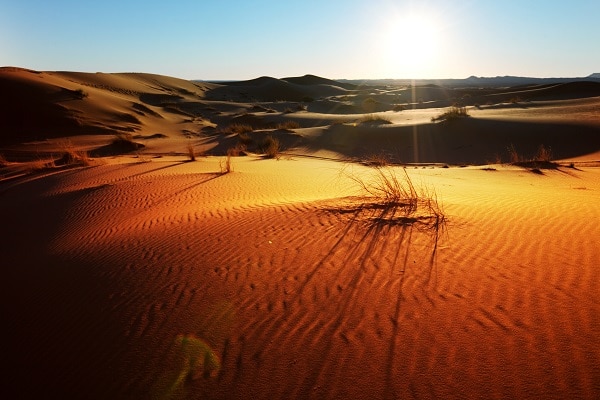
Did you know that the Sahara Desert is growing? It might seem hard to believe, but it’s true! The Sahara is slowly expanding, and it’s currently thought to be around the size of Australia. The suspicious growth of the Sahara desert is due to a combination of factors, including changes in climate and human activity. As the desert grows, it significantly impacts the people and wildlife that live in its vicinity. That’s why people keep such a close eye on the Sahara to understand the changes that are taking place.
There Are More Trees On Earth Than Stars In The Milky Way
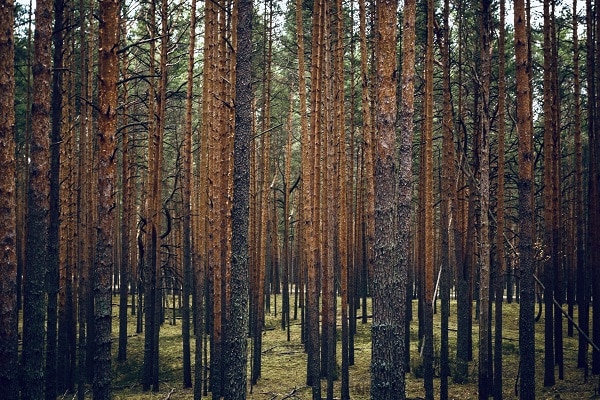
Did you know that there are more trees on earth than stars in the Milky Way? There are more trees on earth than there are stars in the Milky Way is an incredible fact, and it highlights the importance of trees. Trees are vital to our planet, and they provide us with oxygen, food, and shelter. They also help regulate the climate and provide a home for many different species of animals. Without trees, our planet would be a very different place.
The Amazon Rainforest Is Home To Half Of The World’s Animal Species
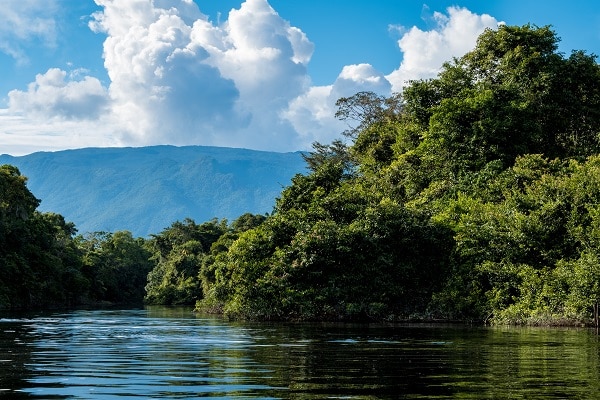
The Amazon rainforest is home to an estimated 400 billion individual trees and 16,000 species of plants. It’s also home to about half of the world’s animal species, including three-toed sloths, jaguars, and poison dart frogs. Did you know that the Amazon rainforest produces 10% of the world’s oxygen? It’s sometimes called the “lungs of the planet.” And it plays a vital role in regulating global climate.
Bamboo Is The World’s Fastest Growing Plant

Bamboo is a type of grass that can grow up to four feet in one day. That’s the fastest growth rate of any plant in the world! Bamboo is also one of the most versatile plants. You can use bamboo to make everything from furniture and floors to paper and clothing. There are also more than 1400 different species of bamboo! Bamboo can grow in climates, from cold mountains to hot deserts. You can even find bamboo growing in the United States!
The Blue Whale Is The Largest Animal On Earth
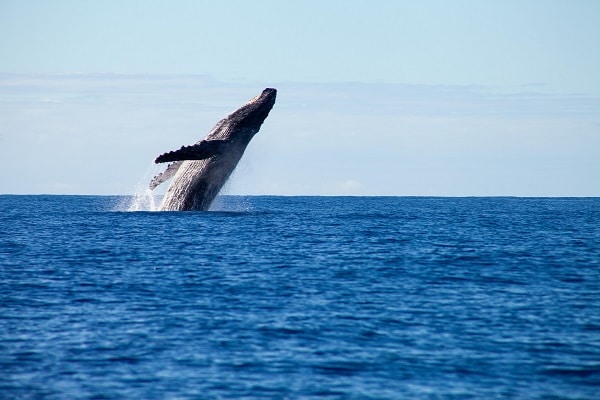
The blue whale is the largest animal on earth. These massive creatures can grow up to 100 feet long and weigh more than 200 tons! That’s as heavy as 30 elephants! Despite their size, blue whales are gentle giants. They feed on tiny shrimp-like creatures called krill. Humans hunt blue whales, and their population has declined drastically in recent years. Hunting them has caused them to be an endangered species.
There Are More Than 100 Million Insects For Every Human
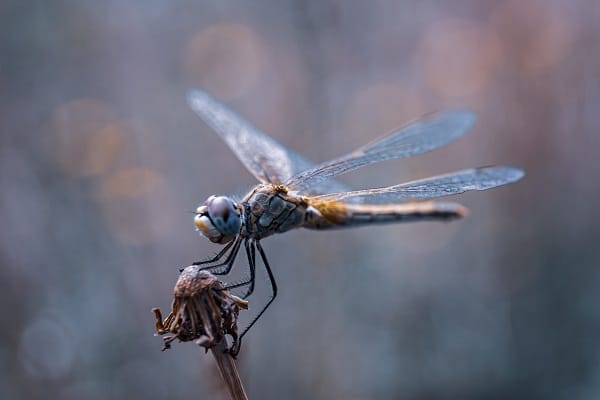
Did you know that there are more than 100 million insects for every human on earth? That’s a lot of bugs! Insects are an essential part of the ecosystem. They provide food for other animals, pollinate plants, and help to decompose dead matter. Some insects, such as bees and butterflies, are even considered helpful to humans. But not all insects are harmless. Mosquitoes, for example, can spread deadly diseases like malaria.
The Ocean Produces Up To 85% Of The Worlds Oxygen

With all the trees on earth, most people would think they produce the most oxygen, but the ocean produces up to 85% of the world’s oxygen. That number might even be higher because there is no way to measure it precisely. The ocean is full of tiny plants called phytoplankton. These plants use sunlight to create energy and release oxygen as a by-product, which is how the world receives so much oxygen from the ocean!
Conclusion
Did you know all of these amazing facts about nature? There is so much to learn about the natural world, from the Amazon rainforest to the blue whale! While this is just a tiny sampling of all the interesting things out there, hopefully, it has inspired you to learn more about our planet and the creatures that call it home. If you want to learn more, there are plenty of resources available. So get out there and start exploring!


